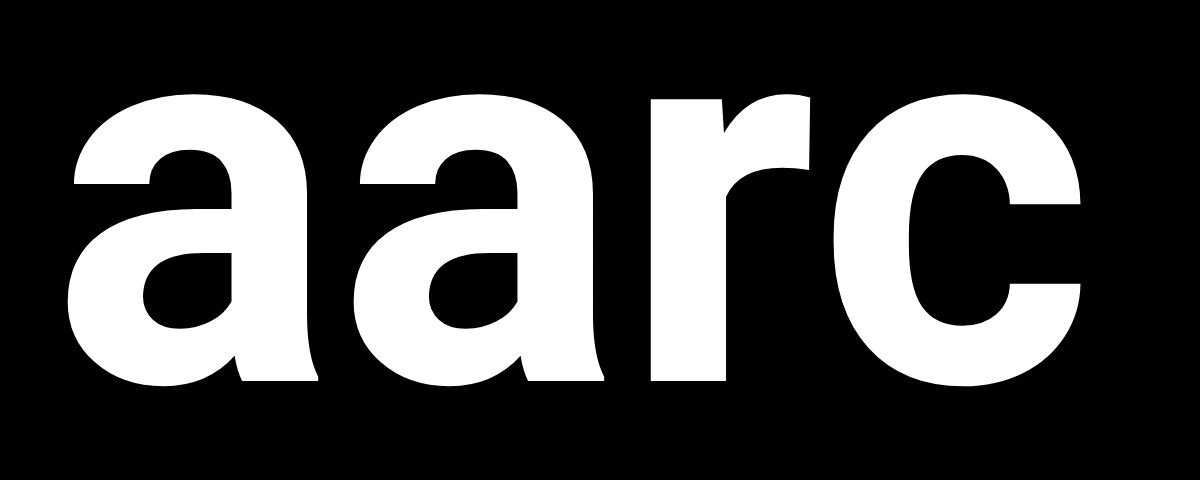About
The Artistic Activism Research CoLab (AARC) is an international network of researchers interested in studying the field of creative activism at a global level.
Created in June of 2022, the ARC comprises a group of scholars and practitioners from different world regions. The Colab aims to share and generate resources and new knowledge on artistic activism as experienced locally and internationally.
Click here to learn more about AARC’s Research Associates and subscribe to our newsletter for updates on our projects and activities.
Goals
- Build a community of artists, activists, and researchers.
- Generate and share research and knowledge on artistic activism.
- Study the field of artistic activism from an international perspective.
- Broaden our understanding of research practices on artistic activism.
Research approach
- The AARC considers research as a practice that takes place beyond academic spaces and that can take place through artistic practices.
- Research is centered on more than just written formats but also artistic ones, not conventional in the scholarly sense.
- The CoLab believes artists do research, research takes different forms, and that hybrid ways of researching are the norm.
- The group is interested in those new ways in which researchers of artistic activism are working at the global level.
- We recognize research that considers research as part of daily life rather than something that takes place separately.
Values
- Generates a space for collaboration and exchange between peers.
- Fosters a community of researchers on artistic activism, conceiving of research in an expanded way.
- Brings the most exciting, methodologically interesting, and risk-taking research to the forefront.
- Aims to attain a global perspective and understanding of artistic activism as a field.
- Recognizes different languages of artistic activism and ways of engaging with traditions and communities of research and creative practice.
- Brings together research practitioners employing art, social science, and humanities.
- Underlines the importance of recognizing various research methods and formats, from those that employ more arts-based techniques and forms to those that have to do more closely with written work.
- Makes research accessible and usable by researchers, artists, and activists.
- Serves as an interlocutor or translator between the worlds of artists, activists, and researchers that don’t often speak to one another.
- It sheds light on practices not usually found in writing and writings from groups that don’t generally acquire
- It favors dialogue and creative friction between different ways of working, researching, and creating.
With the support of

